Picture this: you’re at the gym, determined to crush your workout and set a new personal best. But then, like a mischievous little devil on your shoulder, you hear the siren call of happy hour beckoning you with promises of delicious drinks and good times. So, you ask yourself – can alcohol and fitness ever really be friends? Let’s dive into the swirling pool of booze and sweat to discover the impact of alcohol on fitness and sports performance. Spoiler alert: it’s not all beer and skittles (well, mostly just beer).
Contents
- 1 Potential Negative Effects of Alcohol on Muscles
- 2
- 3 How Alcohol Impairs Cognitive Function during Exercise
- 4 Alcohol’s Influence on Reaction Time and Coordination in Sports
- 5
- 6 Strategies to Minimize Alcohol’s Negative Effects on Fitness
- 7 The Role of Moderation in Alcohol Consumption for Athletes
- 8 FAQs
- 9 —
- 10 Cheers to Better Performance!
Potential Negative Effects of Alcohol on Muscles
So you wanna hit the gym, but you also want to hit the bottle? Well, be prepared to potentially sabotage those gains with some not-so-fun side effects. Here are a few ways alcohol can mess with your muscles:
- Dehydration: Alcohol is a diuretic, which means it can leave you feeling parched and dried out like a raisin in the sun. And guess what? Dehydrated muscles don’t perform as well as hydrated ones. So, if you want to avoid being a shriveled-up mess at the gym, maybe lay off the booze.
- Decreased protein synthesis: Alcohol can interfere with your body’s ability to build and repair muscles by disrupting protein synthesis. So, all those gains you’ve been working so hard for could be at risk if you’re hitting the bottle too hard.
- Increased fatigue: Ever feel like you just can’t push through that last rep or that last mile when you’ve been drinking? That’s because alcohol can mess with your energy levels and leave you feeling more fatigued. So, if you want to avoid collapsing in a sweaty, exhausted heap at the gym, maybe reconsider that post-workout beer.

hydration-and-recovery”>Alcohol’s Impact on Hydration and Recovery
Have you ever wondered why you wake up feeling like a dried-up prune after a night of heavy drinking? Well, let me enlighten you on .
When you drink alcohol, it acts as a diuretic, meaning it increases urine production and causes you to lose fluids at a rapid rate. This can leave you feeling dehydrated and parched, like you’ve been wandering through the Sahara Desert for days.
Not only does alcohol deplete your body of precious fluids, but it also disrupts the balance of electrolytes, essential minerals that help regulate hydration. So, not only are you losing water, but you’re also losing those important electrolytes that keep your body functioning properly.
So, next time you’re nursing a hangover, remember that reaching for that greasy burger and sugary sports drink might not be the best solution. Instead, focus on replenishing your body with plenty of water and electrolyte-rich foods like bananas and coconut water. Your body will thank you, and you’ll be back to feeling like a well-hydrated superhero in no time!
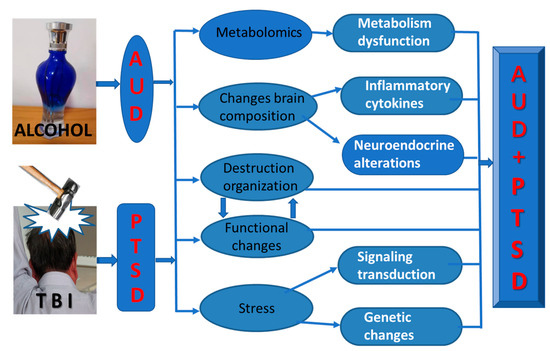
How Alcohol Impairs Cognitive Function during Exercise
Ever wondered why your workout feels like a struggle after a night of heavy drinking? It’s not just because your body is dehydrated and exhausted from dancing on tables until 2 am – alcohol actually impairs your cognitive function during exercise. So next time you’re debating between hitting the bar or hitting the gym, remember that one choice might lead to some seriously compromised gains.
When you drink alcohol, your brain activity slows down and your reaction times become sluggish. This can be a real buzzkill when you’re trying to bust out those burpees or crush a cardio session. So if you find yourself struggling to keep up with your spin class or suddenly forgetting how to do a proper squat, it might be time to lay off the cocktails.
But wait, there’s more! Alcohol also messes with your coordination and balance, making it harder to nail those yoga poses or lift heavy weights without toppling over. And let’s not forget about the dreaded hangover – trying to power through a killer workout with a pounding headache and a queasy stomach is a recipe for disaster.
So next time you’re tempted to knock back a few drinks before hitting the gym, remember that alcohol impairs your cognitive function during exercise. Your best bet? Save the booze for your post-workout celebration and stick to water while you’re getting your sweat on. Your body (and your gains) will thank you!
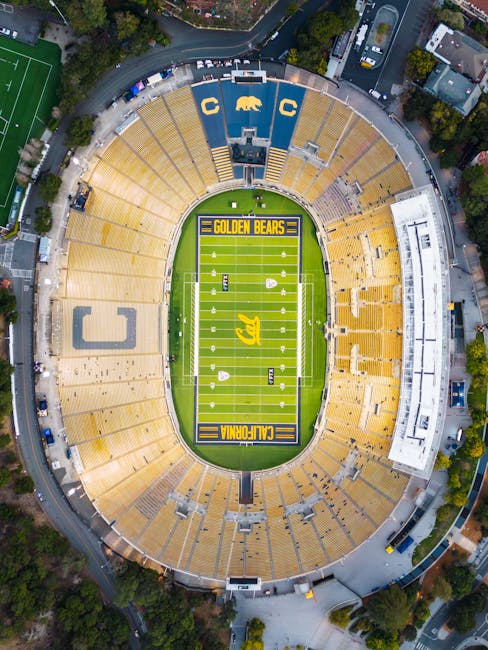
Alcohol’s Influence on Reaction Time and Coordination in Sports
Ever wondered why it’s probably not a good idea to chug a few beers before trying to hit that game-winning home run or score the winning goal? Well, let me break it down for you. Alcohol has a way of messing with your reaction time and coordination, turning you from an MVP into a total mess on the field.
Picture this: you’re about to make a game-changing play when suddenly, your brain is moving at a snail’s pace thanks to that last shot of tequila. Your hand-eye coordination? Completely shot. Instead of aiming for the target, you end up hitting your teammate in the face. Ouch.
And let’s not forget the classic stumble and fumble that comes with having a few too many drinks. Trying to run down the field or court becomes more like a game of drunken Twister. You’re left wondering if you’re playing sports or auditioning for a role in a slapstick comedy.
So, next time you’re thinking of reaching for that post-game beer, maybe save it for the victory celebration. Your teammates will thank you for not turning the game into a circus act, and maybe, just maybe, you’ll actually win the game.
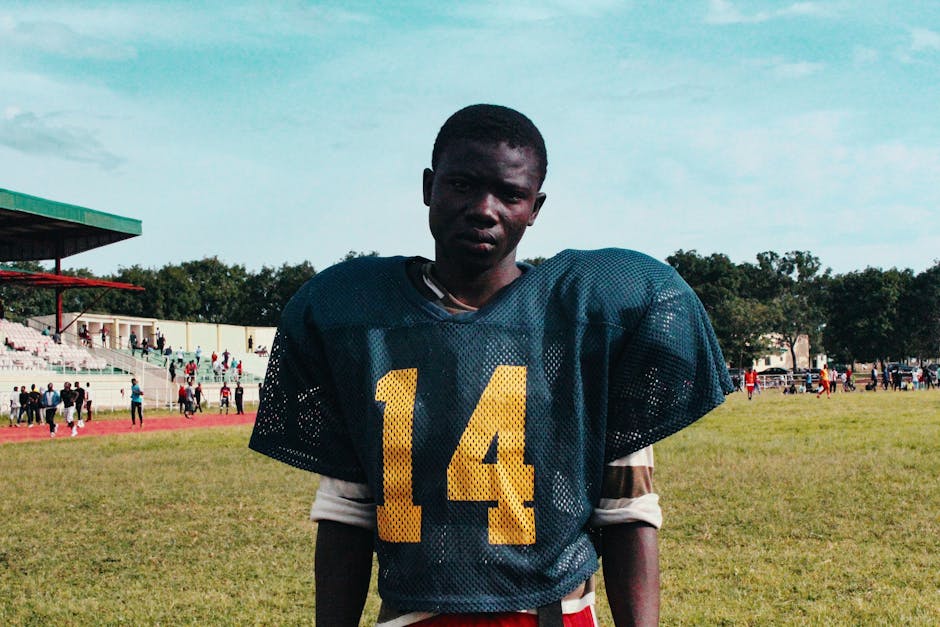
athletes-performance-decline-due-to-alcohol-consumption”>Case Studies: Athletes’ Performance Decline due to Alcohol Consumption
Meet Bob, a once-promising athlete whose performance took a nosedive due to his newfound love for the bottle. Bob went from being the star of the team to barely able to tie his own shoelaces after a night of heavy drinking. His coach described his decline as “epic” and “tragic”, as Bob’s potential seemed to vanish with each sip of alcohol.
Then there’s Sarah, a champion swimmer who could outpace anyone in the pool. That is, until she discovered the joys of happy hour. Sarah’s lap times went from record-breaking to laugh-inducing, as she struggled to even stay afloat after a night of partying. Her coach tried everything to get her back on track, but it seemed alcohol had a stronger hold on her than any training regimen.
And let’s not forget about Tom, a natural-born runner with the speed of a cheetah. That is, until he discovered that alcohol could slow him down faster than a speeding bullet. Tom went from winning races with ease to finishing dead last, as his body struggled to keep up with the demands of both drinking and athletics. His teammates could only shake their heads in disbelief at his sudden decline.
Strategies to Minimize Alcohol’s Negative Effects on Fitness
When it comes to enjoying a drink or two but still wanting to maintain your fitness goals, there are a few strategies you can utilize to minimize alcohol’s negative effects.
1. Hydrate, hydrate, hydrate! Make sure to drink plenty of water before, during, and after consuming alcohol. This will help prevent dehydration and minimize the dreaded hangover.
2. Choose your drinks wisely. Opt for lighter options like vodka sodas or light beers instead of sugary cocktails or heavy IPAs. This will not only save you on calories but also help minimize the impact on your fitness progress.
3. Plan your workouts strategically. If you know you’re going to indulge in a few drinks, try to schedule your workouts for earlier in the day. This way, you can burn off some of those extra calories before hitting the bar.
The Role of Moderation in Alcohol Consumption for Athletes
When it comes to alcohol consumption for athletes, moderation is key. While some may argue that a few drinks won’t hurt, the reality is that excessive alcohol intake can have negative effects on athletic performance and overall health.
Here are a few reasons why moderation is important for athletes:
- Decreased Performance: Alcohol can impair coordination, reaction time, and decision-making abilities, all of which are crucial for athletic performance. So, if you want to avoid embarrassing yourself on the field or court, it’s best to limit your intake.
- Recovery Time: Alcohol can slow down the body’s ability to recover after a workout, leading to muscle fatigue and decreased endurance. So, if you want to bounce back quickly and be ready for the next game or practice, stick to just a drink or two.
- Weight gain: Alcohol is high in calories and can lead to weight gain if consumed in large quantities. As an athlete, maintaining a healthy weight is crucial for optimal performance, so it’s best to watch your intake.
Remember, it’s okay to let loose and have a drink or two on occasion, but be mindful of how much you’re consuming. Your body will thank you!
FAQs
How does alcohol affect my muscles when working out?
Alcohol relaxes your muscles even more than a massage chair, resulting in decreased performance and increased risk of injury. So, save the cocktail for after your workout!
Can I still enjoy a beer or two the night before a big game?
Sure, you can enjoy a beer or two the night before a big game, but just know that it can affect your hydration levels and sleep quality, leaving you feeling sluggish and not at the top of your game.
Is it okay to have a few drinks after a workout?
While it may be tempting to reward yourself with a cold one after a hard workout, alcohol can interfere with your body’s ability to recover and rebuild muscles. So, maybe stick to water or a protein shake instead.
Does alcohol affect my endurance during a long run or intense workout?
Alcohol can mess with your body’s ability to efficiently use oxygen, leading to decreased endurance and performance. So, if you want to crush that long run or intense workout, it might be best to skip the pre-game drinks.
How long should I wait after drinking to exercise?
It’s best to wait until the alcohol has completely left your system before hitting the gym. Depending on how much you drank, this can take several hours or even longer. So, make sure to plan your workouts accordingly and maybe lay off the shots next time.
—
Cheers to Better Performance!
So, next time you pop open a cold one after a workout, just remember the impact alcohol can have on your fitness and sports performance. While moderation is key, it’s always best to stay hydrated with water to keep your gains from going down the drain. Here’s to breaking a sweat, not breaking a beer bottle!

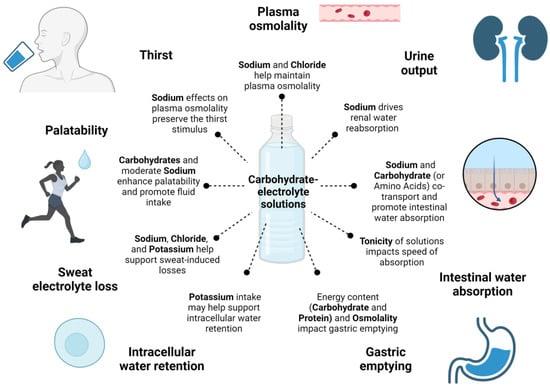
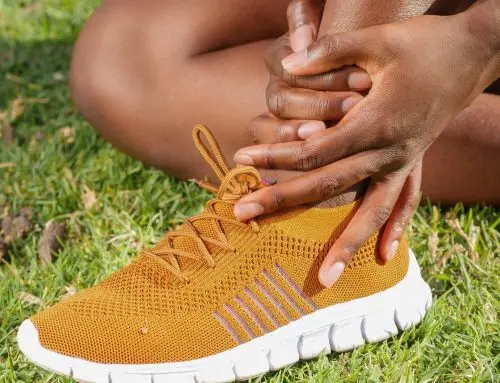
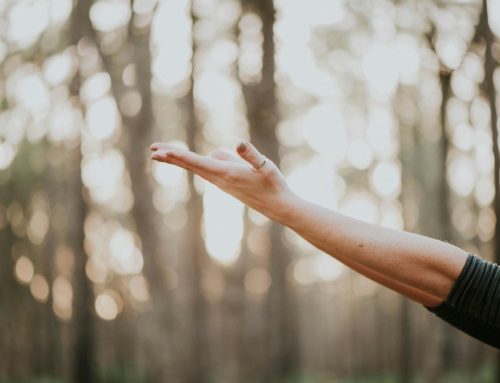
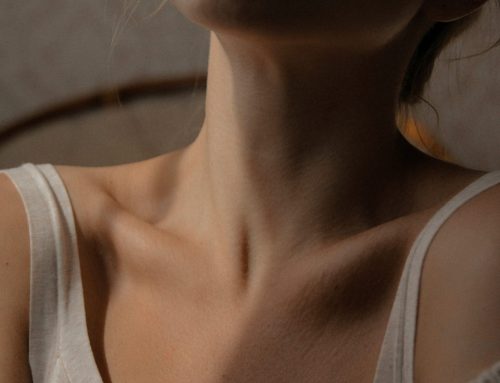

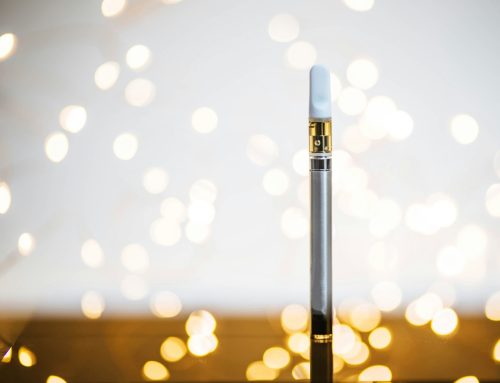
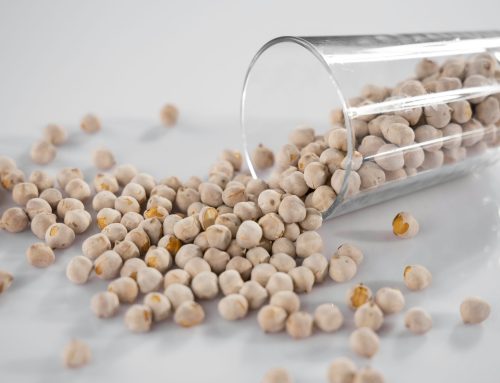
Leave A Comment